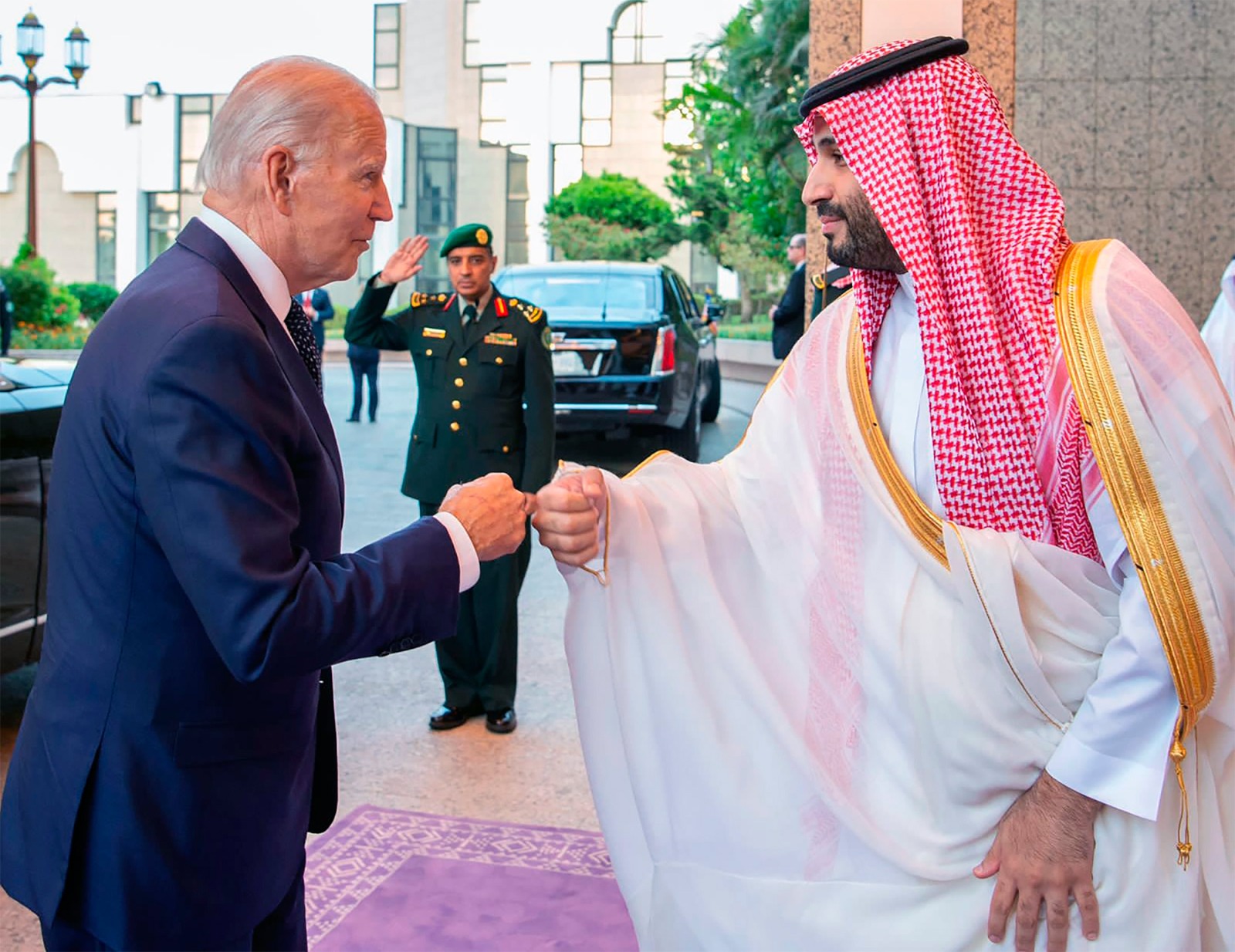In a pivotal development on Capitol Hill, twenty Democratic senators have voiced their support for a potential Israeli-Saudi normalization deal while expressing serious reservations regarding security commitments and nuclear assistance to Riyadh. This move comes as negotiations between the United States, Saudi Arabia, and Israel continue to advance, with the Biden administration eyeing a historic agreement that could pave the way for diplomatic ties between the two Middle Eastern nations. However, these senators have sent a strong signal to President Joe Biden, cautioning that they may oppose the deal if certain conditions are not met.
Concerns Surrounding Security Pledges
The primary concern raised by the twenty Democratic senators revolves around the security guarantees and nuclear assistance that Saudi Arabia may receive as part of the potential agreement. These senators are wary of committing U.S. resources and military support to Saudi Arabia without clear and comprehensive safeguards in place. They emphasize the need for transparency and accountability in any security-related provisions within the deal.
Emphasis on a Two-State Solution
Another crucial aspect of the senators’ letter to President Biden is their insistence on the inclusion of “meaningful” provisions that preserve the option of a two-state solution to the Israeli-Palestinian conflict. This reflects a broader concern about the Israeli government’s stance, particularly the reluctance to make substantial concessions to Palestinians in their pursuit of statehood. The senators acknowledge the importance of peace between Israel and its neighbors, but they are determined to ensure that the agreement does not undermine the prospects for a peaceful resolution to the ongoing conflict.
Saudi Arabia’s Determination and U.S. Response
The determination of Saudi Arabia to secure a military pact with the United States is a noteworthy aspect of the ongoing negotiations. According to three regional sources familiar with the talks, Saudi Arabia is unwavering in its pursuit of a pact that would require the U.S. to defend the kingdom in exchange for opening diplomatic ties with Israel. Importantly, Saudi Arabia seems willing to move forward with the deal, even if Israel does not make significant concessions to the Palestinians. This determination adds complexity to the negotiations and raises questions about the extent of U.S. involvement in the Middle East.
As the negotiations progress, the Biden administration faces mounting pressure from both domestic and international stakeholders to strike a balance between fostering regional peace and ensuring that U.S. interests and values are upheld. While these Democratic senators express support for the broader goal of enhancing ties between Saudi Arabia and Israel, they make it clear that they will closely scrutinize the terms of any agreement, particularly in relation to security commitments and the Israeli-Palestinian conflict.
In response to the senators’ letter, the White House has yet to provide a definitive stance on these concerns, underscoring the complexities and challenges that lie ahead in the pursuit of a groundbreaking Israeli-Saudi normalization deal. With negotiations in progress, it remains to be seen how President Biden and his administration will navigate these intricate diplomatic waters while addressing the legitimate concerns raised by these twenty Democratic senators. As the world watches, the outcome of these negotiations holds the potential to reshape the political landscape in the Middle East and impact U.S. foreign policy in the region for years to come.
















